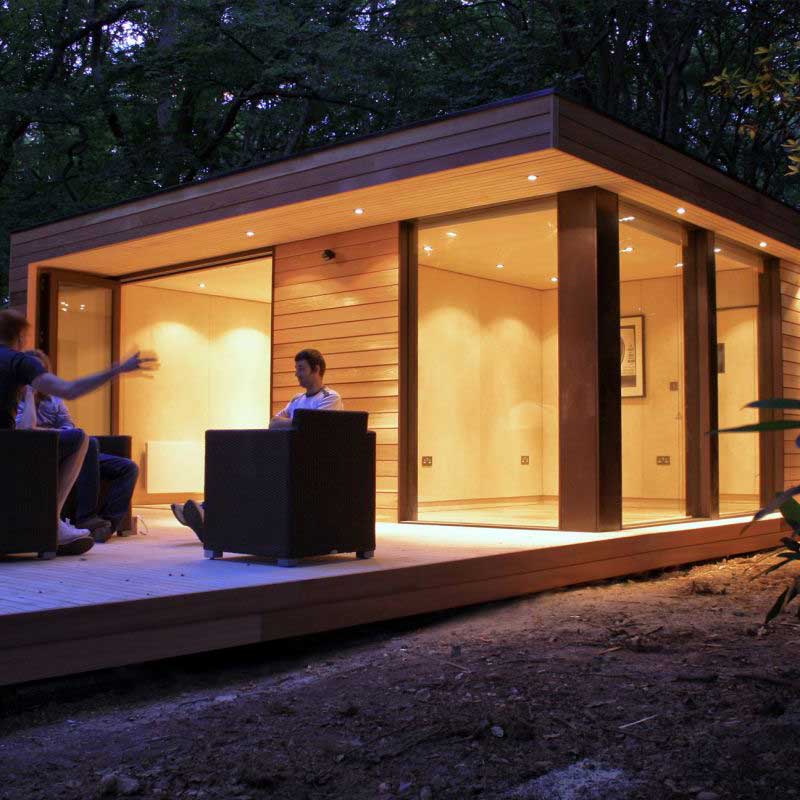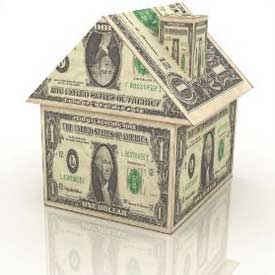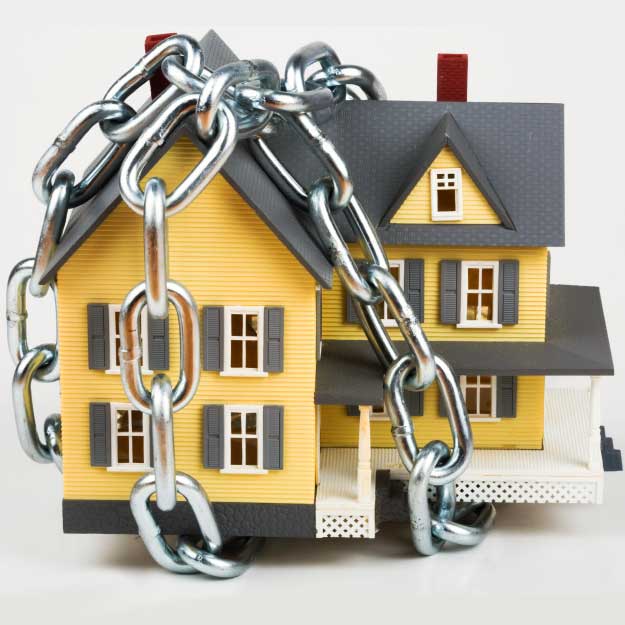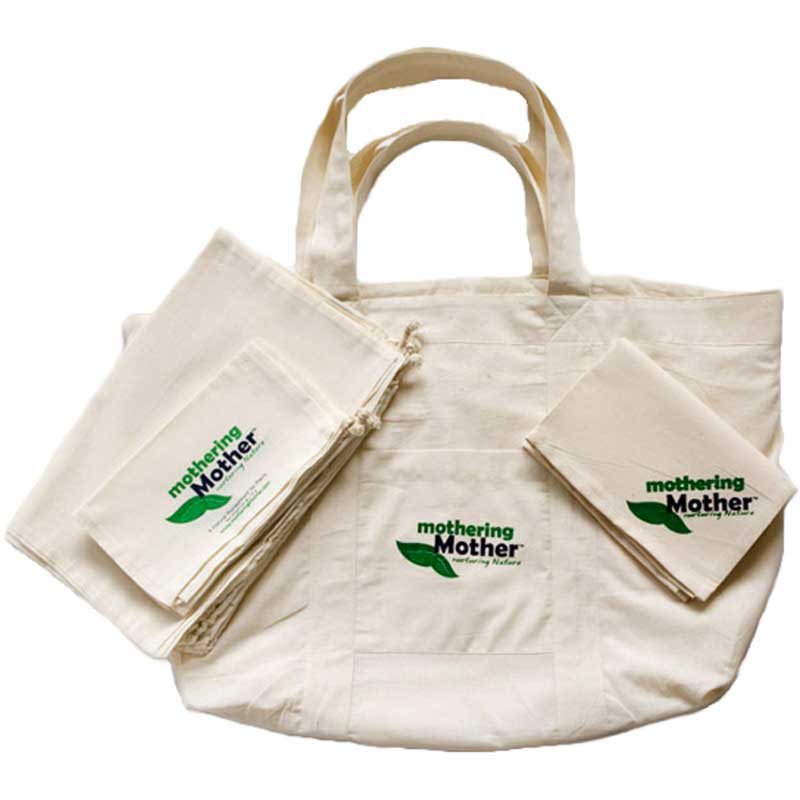As the effects of climate change are felt across the world and with the construction industry is responsible for as much as 40 percent of man-made carbon emissions, both governments and individuals are beginning to take the task of building eco friendly houses much more seriously.
Eco friendly Homes
Fuelled by increased demand a new industry of eco friendly home building has grown up and a whole host of technological innovations have created an arsenal of eco friendly building materials and techniques. From wind turbines, to solar panels, to high efficiency lighting, ultra efficient insulation, glazing, water conservation, plumbing, recycling and much more. Read much more at Green Innovation.
Introduction to Energy Saving at Home
You can save energy while improving your home's comfort and helping the environment by making your home more energy-efficient. In fact, making your home energy efficient is the first step to green. And indeed, energy efficiency will save you money, allowing you to invest in other green technologies to make your home more healthy, comfortable and sustainable. For basic recommendations, strategies and tips for energy efficiency improvements and products for your home, EPA developed the ENERGY STAR program. ENERGY STAR is the government backed symbol for energy efficiency. An ENERGY STAR labeled product, appliance or building indicates superior energy performance. The ENERGY STAR Program is a great place to begin whether making improvements to an existing home or building a new home. Learn more at Energystar.gov to understand your home and the steps necessary to improve its energy efficiency.









